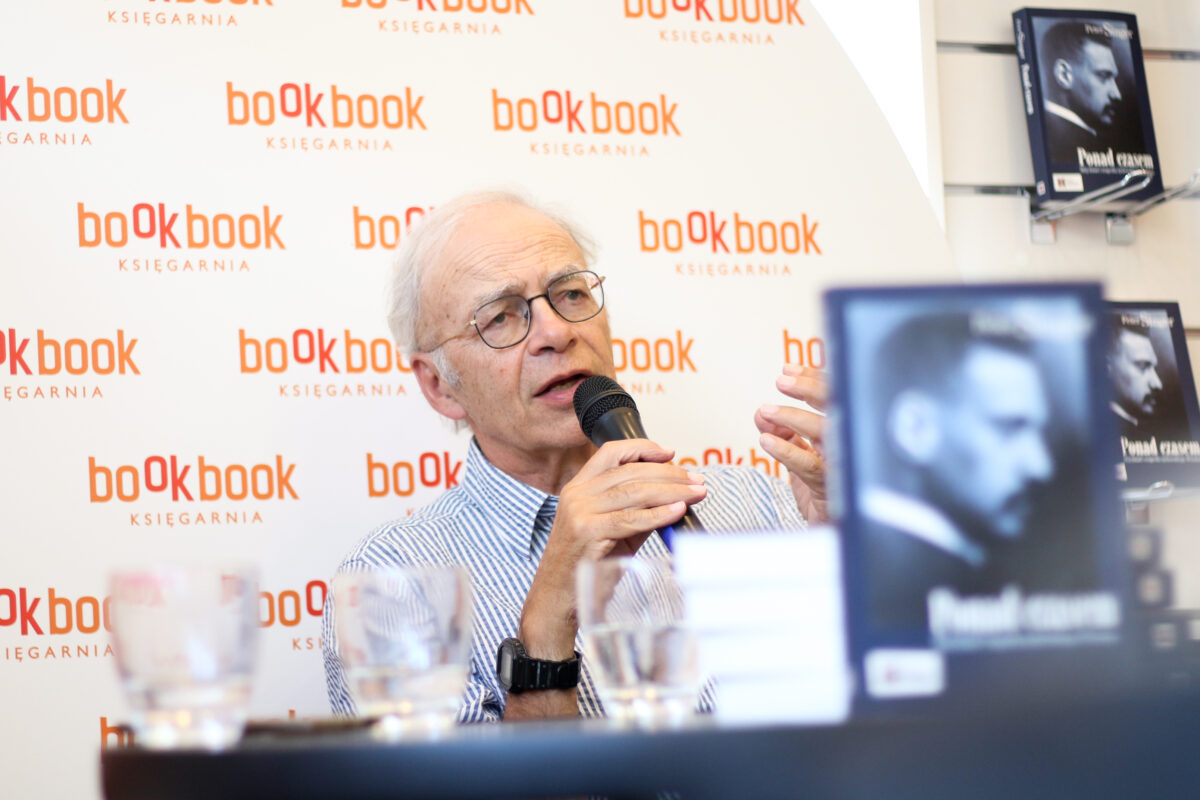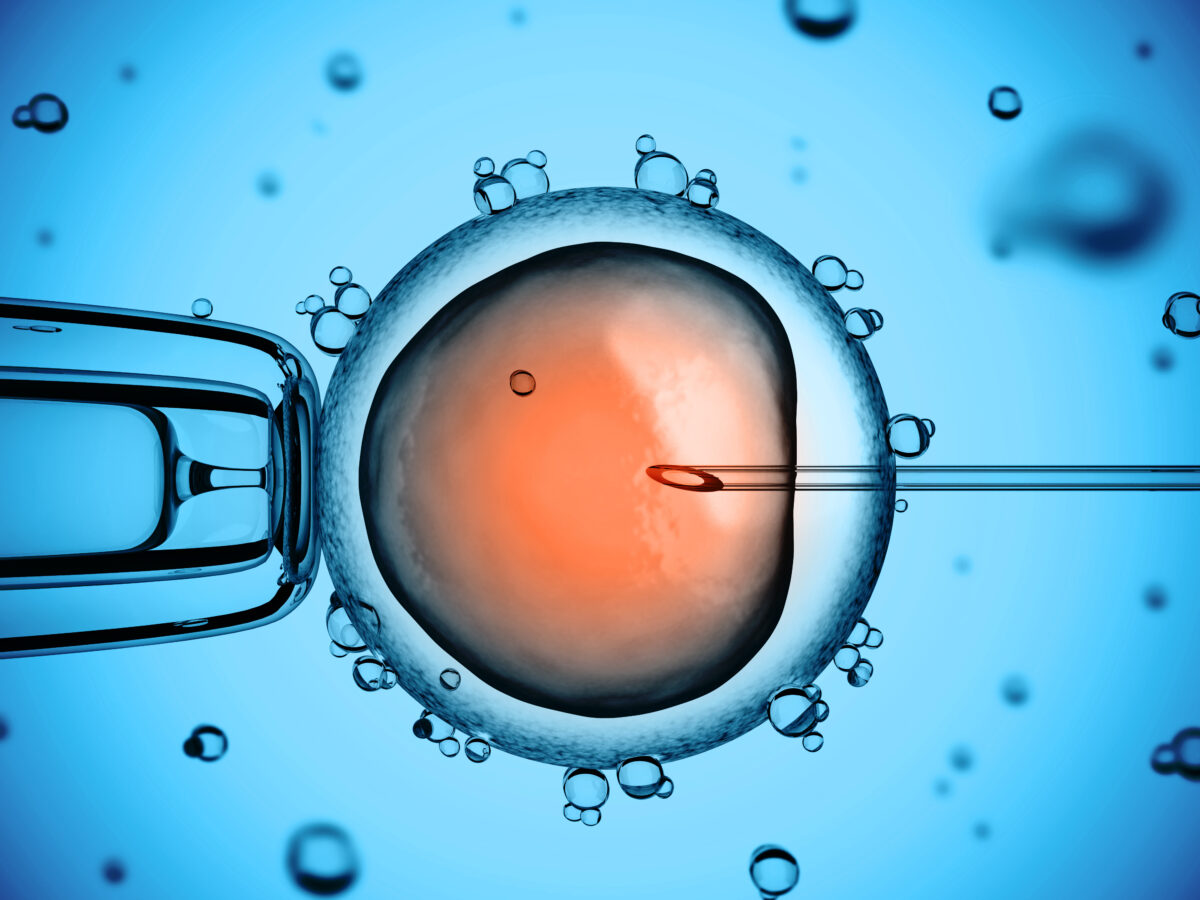Moves are afoot in bioethics to require caregivers to withhold food and water by mouth from a patient made incompetent by dementia if that patient, while compos mentis, has signed such a request — and even if the patient willingly eats, enjoys meals, or asks for food. It is sometimes called “voluntary stop eating and drinking [VSED] by advance directive,” in the parlance.
I have frequently criticized VSED by directive as inhumane to the patient, cruel to caregivers (as it forces them to starve people to death), and designed to open the door to lethally jabbing those with advanced dementia as the less onerous alternative to their being made to starve to death.
Now, as supposedly some form of compromise, there is a proposal on the table to barely feed — i.e., malnourish — dementia patients who have previously signed such a directive. From, “Mr. Smith Has No Mealtimes,” published in the Journal of Pain and Symptom Management (citations omitted):
Minimal Comfort Feeding (MCF)…is the provision of only enough oral nutrition and hydration to ensure comfort. With MCF, eating and drinking is not scheduled; rather, caretakers offer food and liquids only in response to signs of hunger and thirst. Patients are neither wakened for regular mealtimes nor encouraged to eat or drink. Instead, they are offered frequent, fastidious mouth care, continued social contact, therapeutic touch, sensory distraction, and medications to relieve distress associated with apparent thirst or hunger before being provided with minimal amounts of liquid or food.
Read More ›









